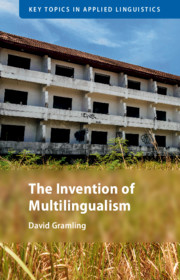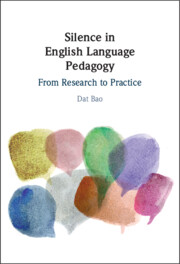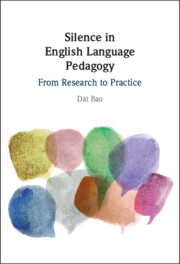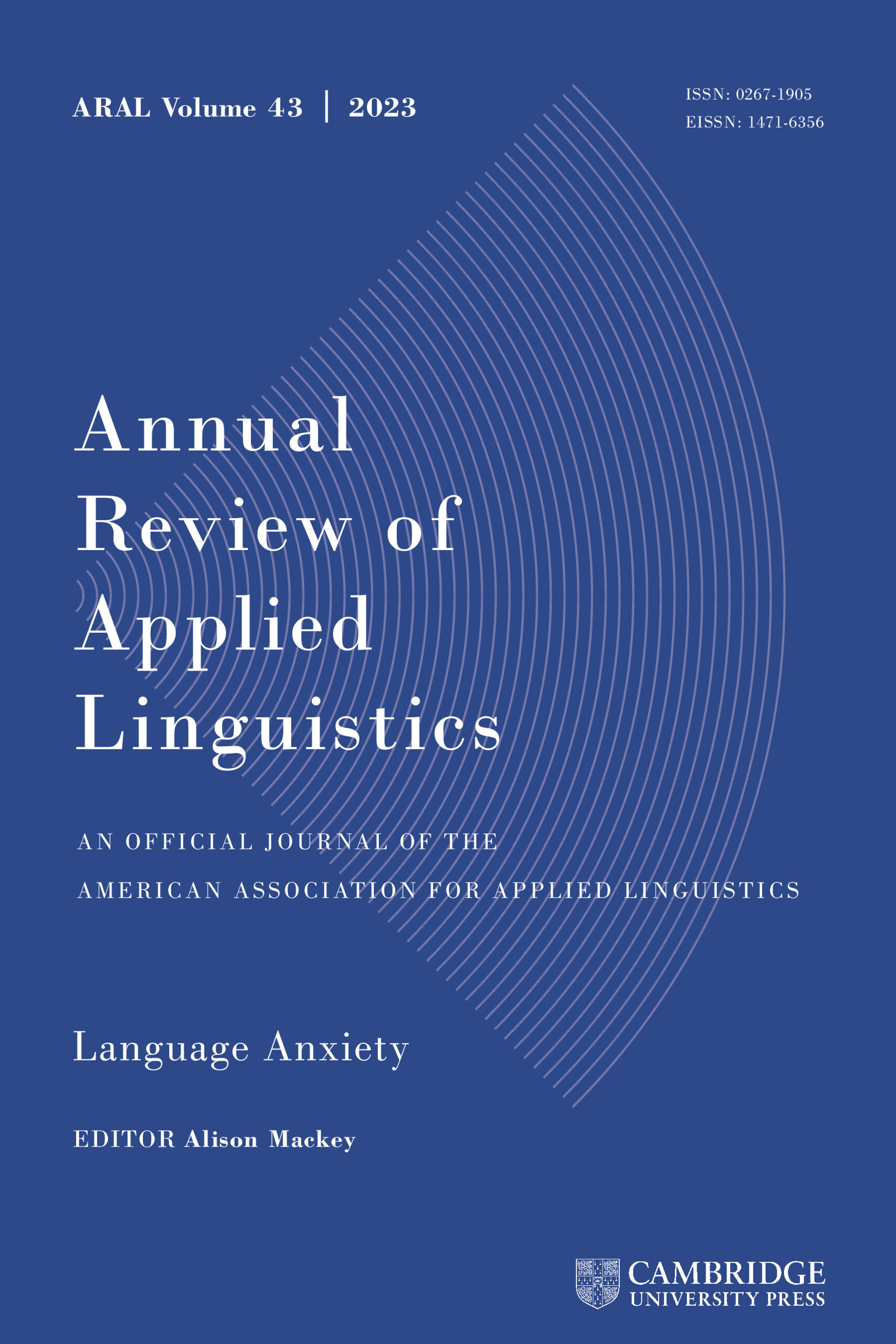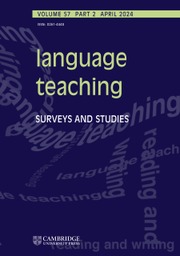The Invention of Multilingualism
Multilingualism is a meaningful and capacious idea about human meaning-making practice, one with a promising, tumultuous, and flawed present - and a future worth caring for in research and public life. In this book, David Gramling presents original new insights into the topical subject of multilingualism, describing its powerful social, economic and political discourses. On one hand, it is under acute pressure to bear the demands of new global supply-chains, profit margins, and supranational unions, and on the other it is under pressure to make way for what some consider to be better descriptors of linguistic practice, such as translanguaging. The book shows how multilingualism is usefully able to encompass complex, divergent, and sometimes opposing experiences and ideas, in a wide array of planetary contexts - fictitious and real, political and social, North and South, colonial and decolonial, individual and collective, oppressive and liberatory, embodied and prosthetic, present and past.
- Provides new food for thought for making our concepts of multilingualism more vigorous, critical, and confident
- Links discussions in applied linguistics with innovations in computational engineering
- Expands the conversation on multilingualism to include race, translation, diversity, political subjectivity, and decoloniality
Product details
No date availableAdobe eBook Reader
9781108809436
0 pages
Table of Contents
- Introduction
- 1. Right-sizing multilingualism
- 2. The problem of value (14k)
- 3. Justice and injustice
- 4. Hospicing late mono/lingualism
- Epilogue: the multilingual undercommons.

